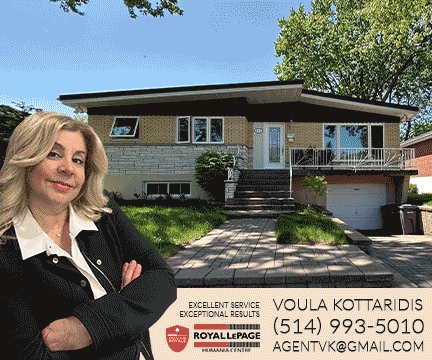
Navigating through Park-Extension (Park-Ex) in Montreal has become an arduous and challenging experience for motorists. The city’s ongoing water pipe replacement project has resulted in the closure of Jean Talon Street, stretching from L’Acadie to Champagneur. As a consequence, this has created significant disruptions and inconveniences for drivers passing through the area.
The closure of such a crucial roadway has forced motorists to seek alternate routes, leading to increased traffic congestion on surrounding streets. These detours and diversions can significantly extend travel times and contribute to frustration among drivers.
The water pipe replacement project itself aims to upgrade the city’s infrastructure and ensure a reliable water supply for residents. However, such large-scale construction projects inevitably bring temporary inconveniences and disruptions to daily life, especially for those relying on the affected roads.
Aside from the longer commute times and increased traffic congestion, the closure of Jean Talon Street can also impact local businesses and residents. The reduced accessibility to the area may deter potential customers from visiting shops and establishments in the vicinity, potentially affecting their revenue.
In addition to the immediate challenges faced by motorists, the construction work can also generate noise, dust, and other inconveniences for residents living near the affected stretch. The construction site may cause disruptions to the daily routines and peace of mind of the local community.
It is advisable for motorists to plan their routes in advance, consider alternative modes of transportation such as public transit or cycling where feasible, and exercise patience while navigating through Park-Ex. Staying informed about the project’s progress and any updates provided by local authorities can also help mitigate the difficulties encountered during this period.
Repave L’ Acadie says Deros
City Councillor Mary Deros has been advocating for the repair and repaving of L’Acadie Street in Montreal, highlighting its deteriorated condition and the challenges it poses to motorists. In an interview with Park-Ex News, she expressed her concerns about the state of L’Acadie, emphasizing that it is a major thoroughfare and thus falls under the responsibility of the City Central.
Deros pointed out that the current condition of L’Acadie’s asphalt is severely eroded and damaged, making it unrecognizable and difficult to navigate. The road’s deterioration not only hampers the driving experience but also poses safety risks to motorists. Given L’Acadie’s significance as a main artery, ensuring its proper maintenance is crucial for efficient transportation and the well-being of the community.
The responsibility for the repair and upkeep of L’Acadie Street lies with the City Central, as opposed to the borough. This distinction implies that the borough itself lacks the authority or resources to address the road’s issues. As a result, Councilor Deros has been applying pressure on the city administration to take action and allocate the necessary funds to repave and fix L’Acadie.
The deteriorated state of L’Acadie Street not only affects motorists but also impacts the overall accessibility and attractiveness of the surrounding area. A well-maintained road contributes to the smooth flow of traffic, encourages economic activity, and enhances the quality of life for residents and businesses situated along the route.






